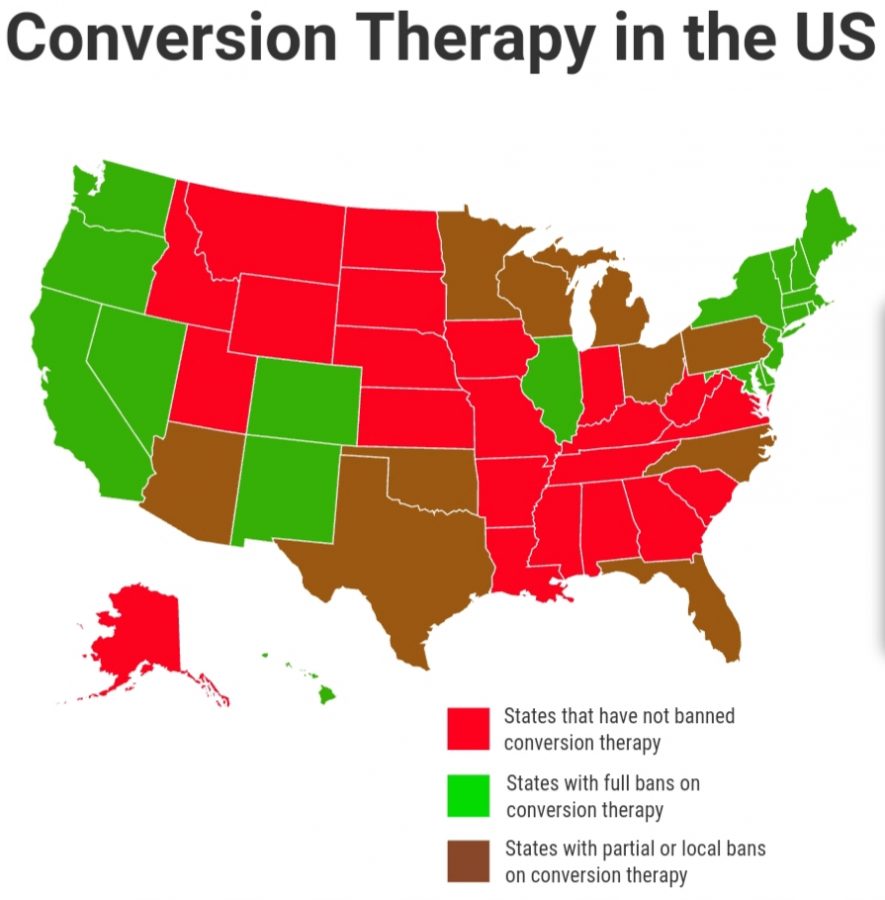New resolution banning funds to conversion therapy passed in Austin
On Nov. 14, the Austin City Council passed a resolution that would prohibit city funds from being used to support businesses that were connected to LGBT+ conversion therapy. The resolution also prevents city of Austin employees from using conversion therapy as a part of their employee benefits. This resolution is the first of its kind in the State of Texas after a bill that would have banned conversion therapy for minors failed to pass the State House of Representatives.
Conversion therapy, which has been discredited by the American Medical Association, is a series of interventions that claim to lessen or repress someones attraction to the same sex. It is usually practiced by religious leaders.
Many psychological associations, who in the past once listed homosexuality as a psychological deficiency, deem the practice harmful and have taken steps to have their associations with the practice changed or discredited in light of new scientific evidence of the harm conversion therapy poses to people (especially minors who can be admitted into conversion therapy programs by their parents without their full consent).
Currently, only 18 US states have banned conversion therapy for minors and only 9 (Texas now included with this most recent city proposition) have passed either local municipal regulations or partial bans on funding the practice. It is estimated that around 53% of the US LGBT+ population lives in a county or state where conversion therapy is legal.
Part of the reason why conversion therapy is so difficult to abolish is its association with religious organizations. While states can legally prevent licensed psychologists from practicing conversion therapy, it can be difficult to stop religious counselors from practicing conversion therapy on their own. This intersection between religion and public health can be tricky for policymakers to navigate.
Father Peter Walsh of Campus Ministry detailed the steps his department takes if a student comes to them experiencing a conflict between faith and identity. He also highlighted the fact that everyone in his department has undergone ally training and that Campus Ministry has a close working relationship with the Health and Counseling Center for when students feel like the clash between identity and faith becomes too much to bear.
“It is a struggle because, in Catholic teachings, sexual relationships are only allowed in monogamous heterosexual marriages,” Walsh said, “we try to help students see that no one is judging them and that we want to walk with them as they figure out their own minds.”







